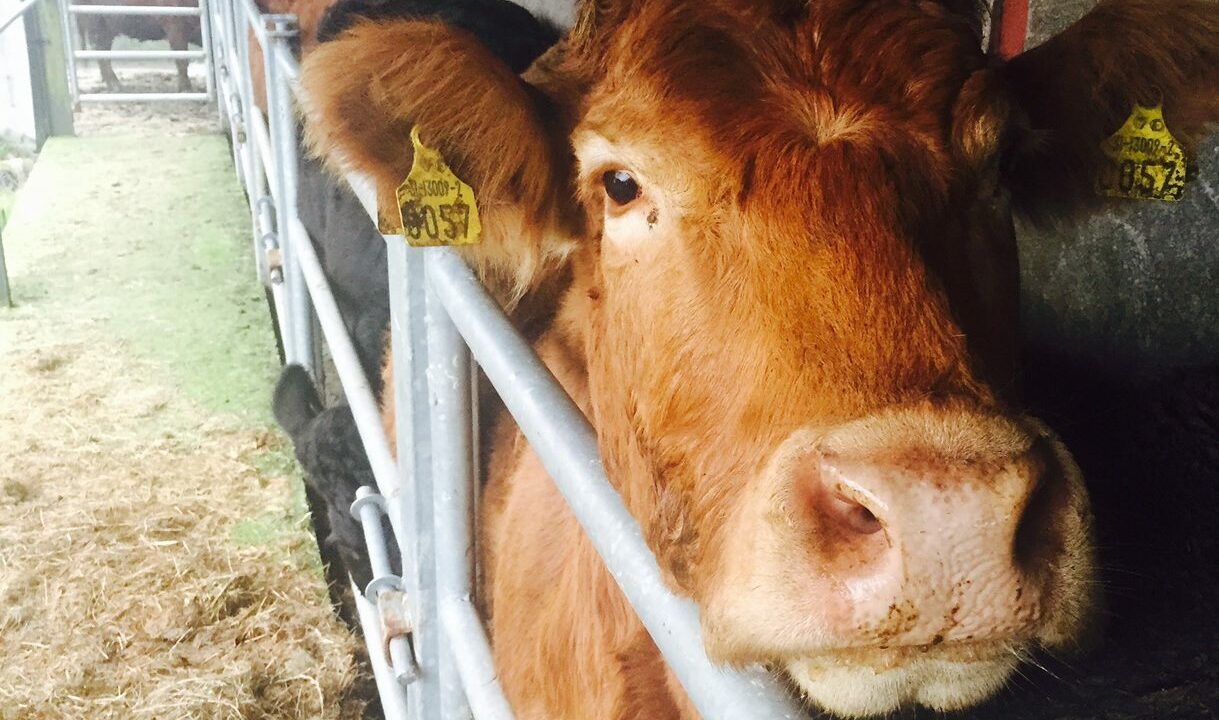The Department of Agriculture, Food and the Marine (DAFM) has expressed confidence in its current controls regime for bovine spongiform encephalopathy (BSE), following a case of classical BSE in Scotland.
Earlier this month, the Scottish government confirmed that a case of classical BSE, or mad cow disease, was detected on a farm in Ayrshire.
Classical BSE, unlike the atypical variant, is a serious threat to the agri-food supply chain.
Scottish authorities have put precautionary movement restrictions in place at the impacted premises, which cover animals that have been in contact with the case.
The Department here has not seen a reason to take any additional precautions at this time.
The department told Agriland: “It is important to note that BSE is not a contagious disease. It does not spread horizontally from one animal to another.
“There are two types of BSE – classical, which is linked to the ingestion of contaminated feed, and atypical, which arises spontaneously,” the department explained.
“Ireland operates a robust BSE control and surveillance system based on EU legislative requirements.”
That system is, the department said, based on four pillars.
These pillars are:
- Only allowing healthy animals to be slaughtered for the food chain;
- Removal of specified risk material and destroying it so that it does not enter the food or feed chain;
- Controls on rendering plants;
- Controls on the animal feed chain.
“In addition, a widespread surveillance programme is operated whereby all fallen animals over 48 months are tested for BSE,” the department said.
It added: “Fallen animals from third countries (which are countries outside of the European Union such as Great Britain) are tested if over 24 months and when slaughtered for human consumption, tested if over 30 months of age.”
The department noted that BSE is a notifiable disease and all suspect cases must be reported.
“The department has no reason to vary current measures following the recent BSE case in Scotland, given the robust nature of the current surveillance and control measures in place,” it said.
